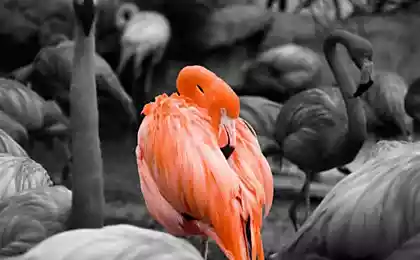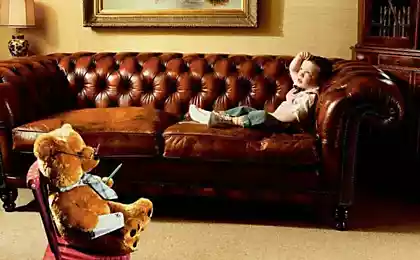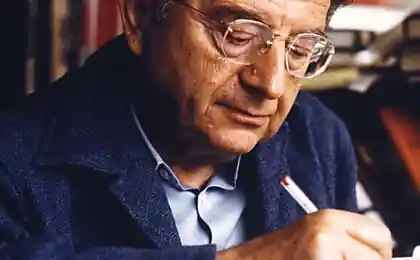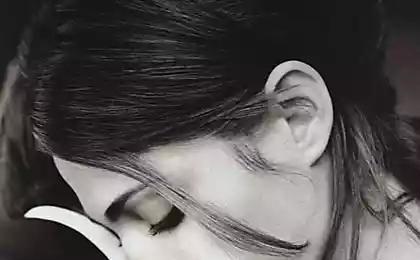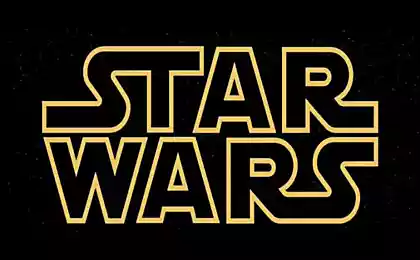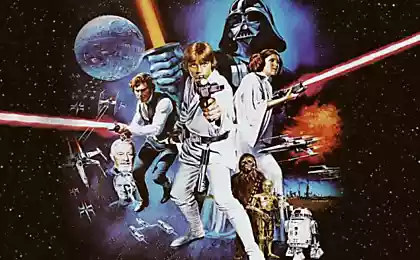438
Barry Schwartz: the paradox of choice and the vicissitudes of freedom
"You see ("p" – fountain) — an ancient legend about Paradise... It's about us, about now. Yes! You think about it. Those two in Paradise were given a choice: happiness without freedom or freedom without happiness; the third is not given. They, boobies, chose freedom — and what it is: clear — after a century of longing about the chains. About the chains — you know, that's what world sorrow. Century!"
These words of the poet R-13 of dystopian Yevgeny Zamyatin "We" seem to be today a sad joke and a horrible prediction of the emergence of a world without freedom, which almost came true in the twentieth century. Hardly after all that, someone will have doubts about the pathos of the phrase: these words can belong only to those who have no inner freedom, and who are not able to take responsibility and make their own choices. After all, we know that freedom is an undeniable value, on which rests the modern society.
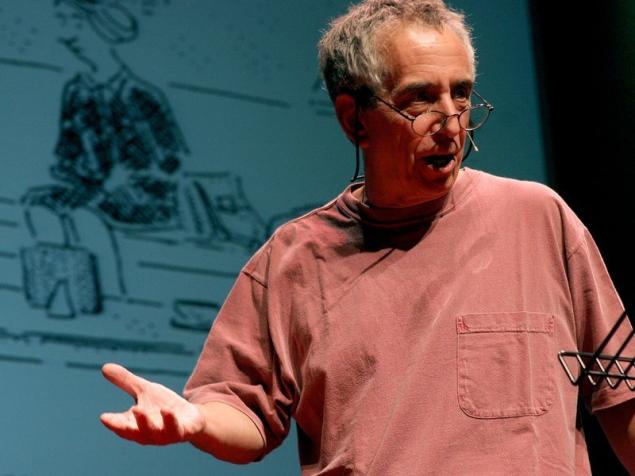
But is everything so simple? The author of the book "Paradox of choice. Why "more is less", psychologist Barry Schwartz warns us against hasty conclusions. He offers to look at the world, to the diversity which we, free, today, surrounds, and wonder whether what we have that makes us happy?
In his view, Western society has become too rich, and moved the line beyond which freedom, prosperity, choice ceases to serve man and become his enemies. According to the observations of Dr. Schwartz, a wide selection, which gives us the modern world, is at least two negative effects: first, paradoxically, it paralyzes rather than liberates us; second, even if we manage to overcome paralysis and choose, in the end we are less than satisfied with the results we made the choice than if we had less options for him:
The increase in the number of human capabilities does not lead to anything else, except to increase expectations of how good these can be. And this growth leads to the fact that people become less satisfied with the results, even if the results are good.
Moreover, Barry Schwartz is confident that the spread of the phenomenon of clinical depression is largely the result of frustration felt by people today whose high standards and expectations generated by unlimited choice, not survive an encounter with reality.
But what to do? Again to destroy this world and build on its ruins a new one? It was, remember. However, Barry Schwartz has ideas on this score — with them he appeared once on the educational platform of TED. So, watch the presentation, which the psychologist tells how freedom of choice has led to inflated expectations, the power of imaginary alternatives depression what are we going to do with our happiness.published
P. S. And remember, just changing your mind — together we change the world! ©
Join us in Facebook and Vkontakte, and we're Classmates
Source: monocler.ru/barri-shvarts-paradoks-vyibora-i-voobrazhaemyie-alternativyi/
These words of the poet R-13 of dystopian Yevgeny Zamyatin "We" seem to be today a sad joke and a horrible prediction of the emergence of a world without freedom, which almost came true in the twentieth century. Hardly after all that, someone will have doubts about the pathos of the phrase: these words can belong only to those who have no inner freedom, and who are not able to take responsibility and make their own choices. After all, we know that freedom is an undeniable value, on which rests the modern society.

But is everything so simple? The author of the book "Paradox of choice. Why "more is less", psychologist Barry Schwartz warns us against hasty conclusions. He offers to look at the world, to the diversity which we, free, today, surrounds, and wonder whether what we have that makes us happy?
In his view, Western society has become too rich, and moved the line beyond which freedom, prosperity, choice ceases to serve man and become his enemies. According to the observations of Dr. Schwartz, a wide selection, which gives us the modern world, is at least two negative effects: first, paradoxically, it paralyzes rather than liberates us; second, even if we manage to overcome paralysis and choose, in the end we are less than satisfied with the results we made the choice than if we had less options for him:
The increase in the number of human capabilities does not lead to anything else, except to increase expectations of how good these can be. And this growth leads to the fact that people become less satisfied with the results, even if the results are good.
Moreover, Barry Schwartz is confident that the spread of the phenomenon of clinical depression is largely the result of frustration felt by people today whose high standards and expectations generated by unlimited choice, not survive an encounter with reality.
But what to do? Again to destroy this world and build on its ruins a new one? It was, remember. However, Barry Schwartz has ideas on this score — with them he appeared once on the educational platform of TED. So, watch the presentation, which the psychologist tells how freedom of choice has led to inflated expectations, the power of imaginary alternatives depression what are we going to do with our happiness.published
P. S. And remember, just changing your mind — together we change the world! ©
Join us in Facebook and Vkontakte, and we're Classmates
Source: monocler.ru/barri-shvarts-paradoks-vyibora-i-voobrazhaemyie-alternativyi/
From a woman husband will never leave and what woman will give him all the masculine qualities
14 ways to quickly relieve stress











